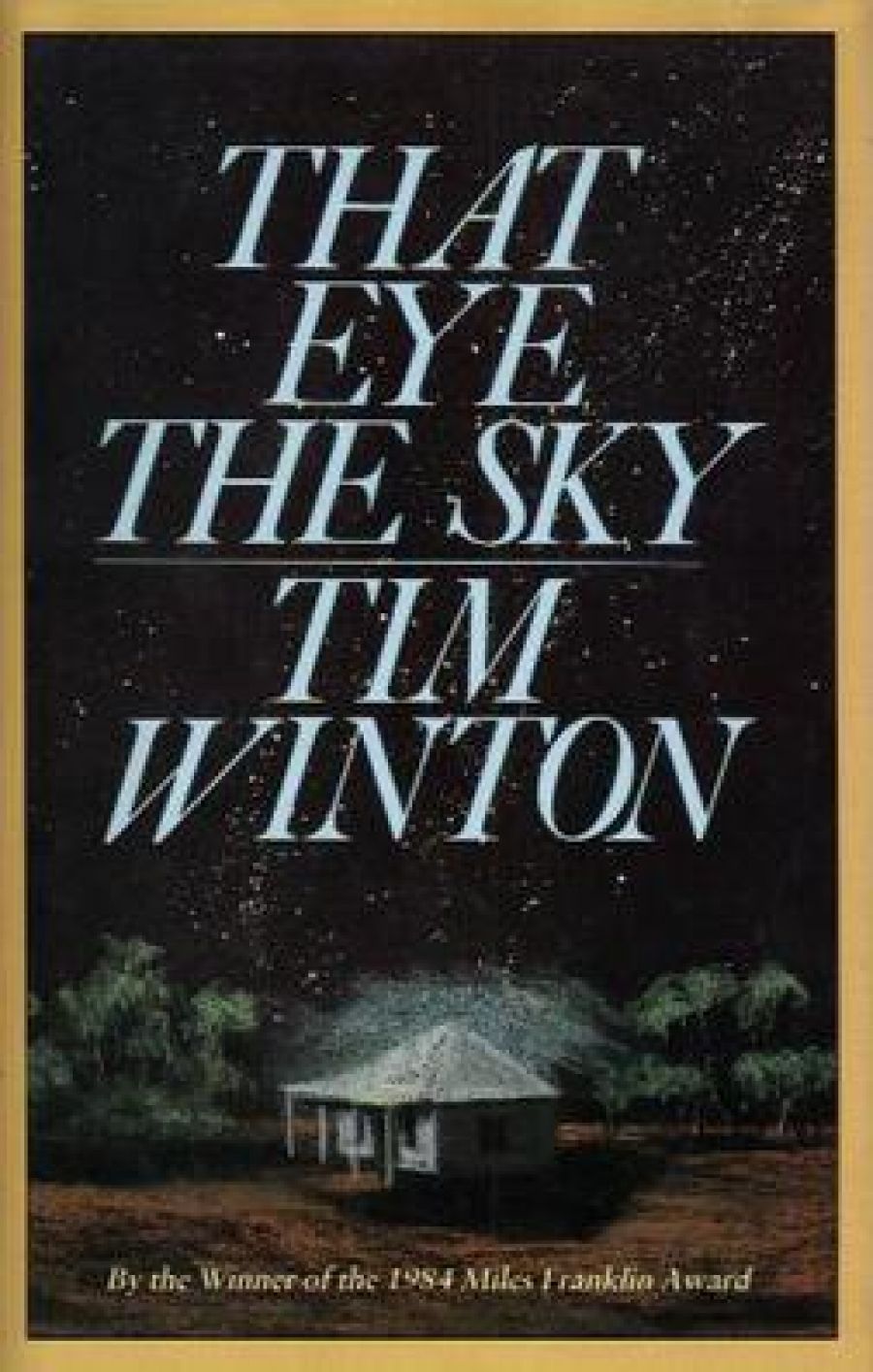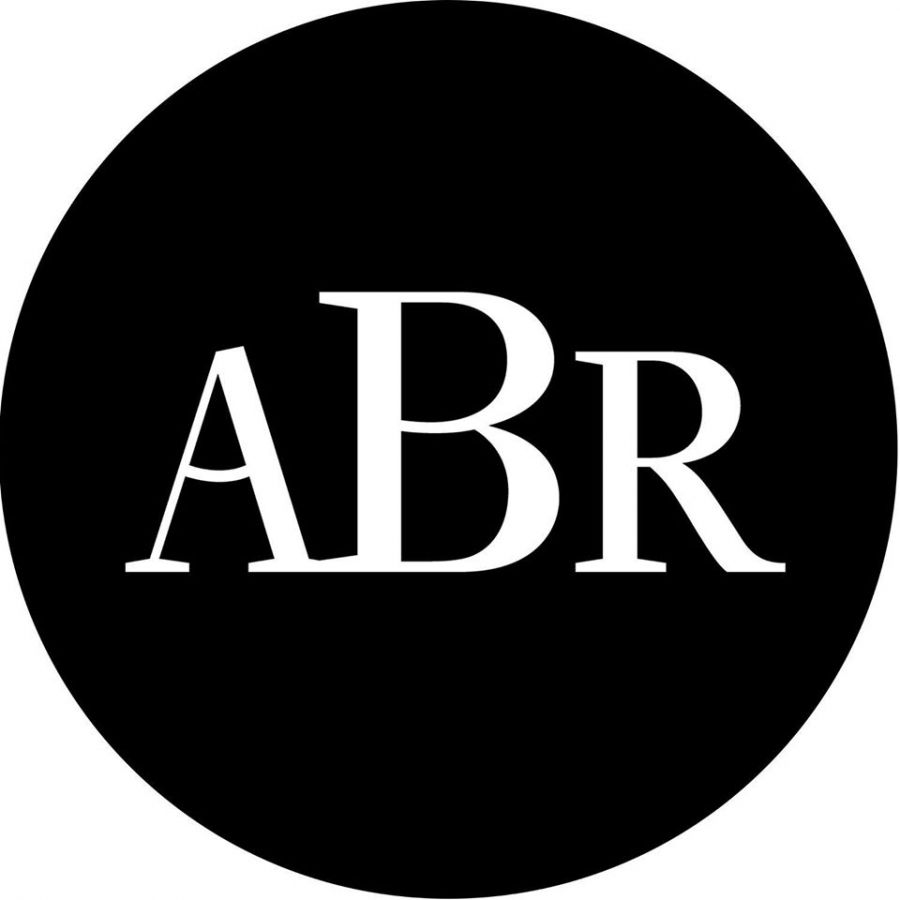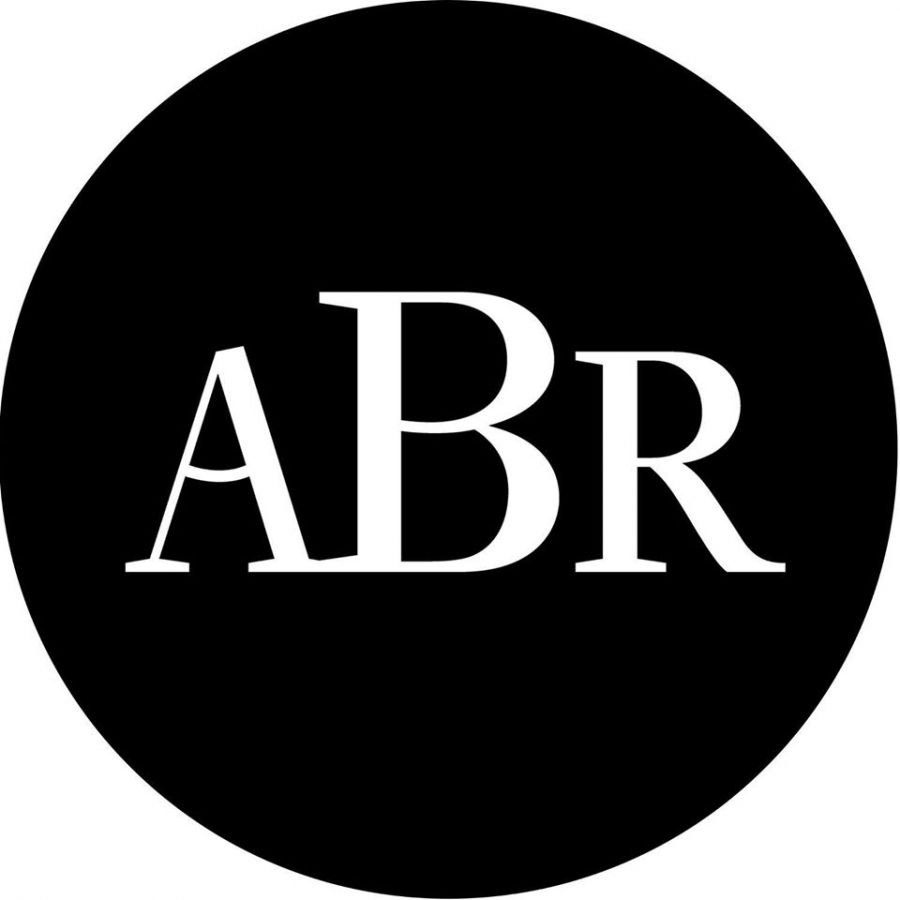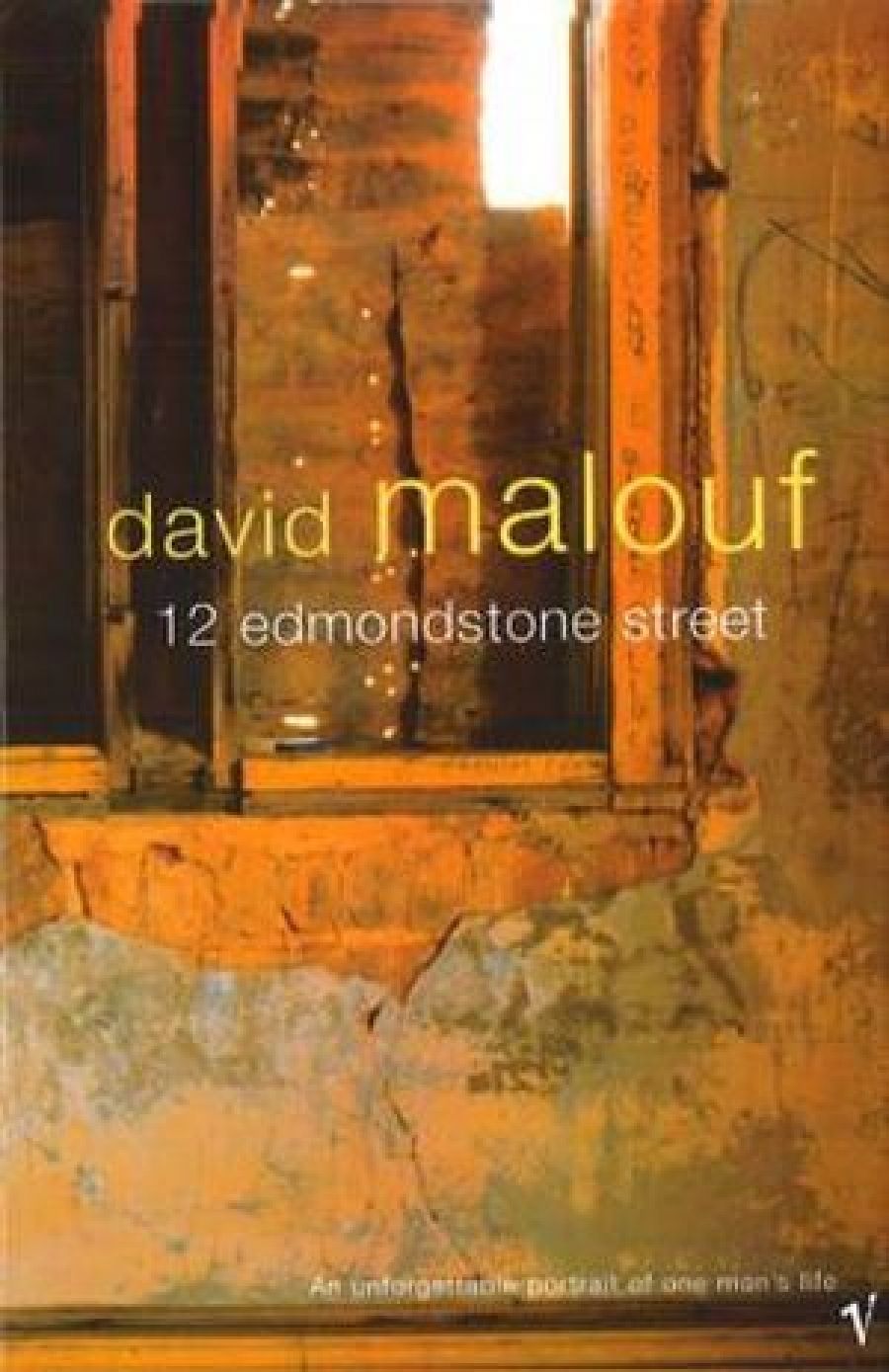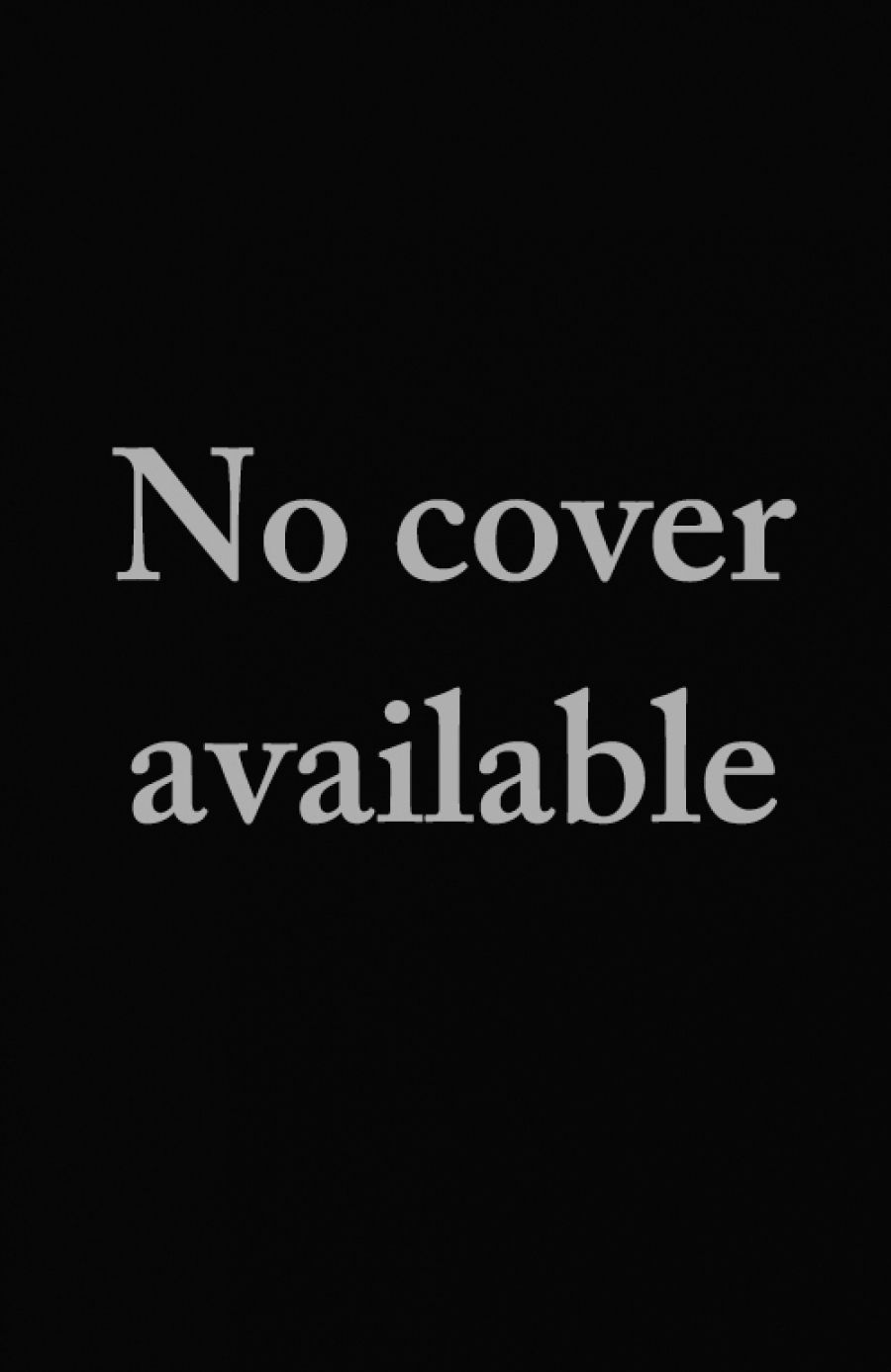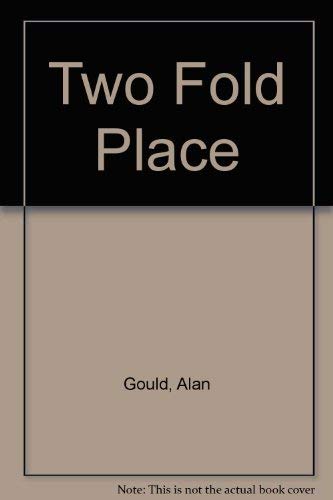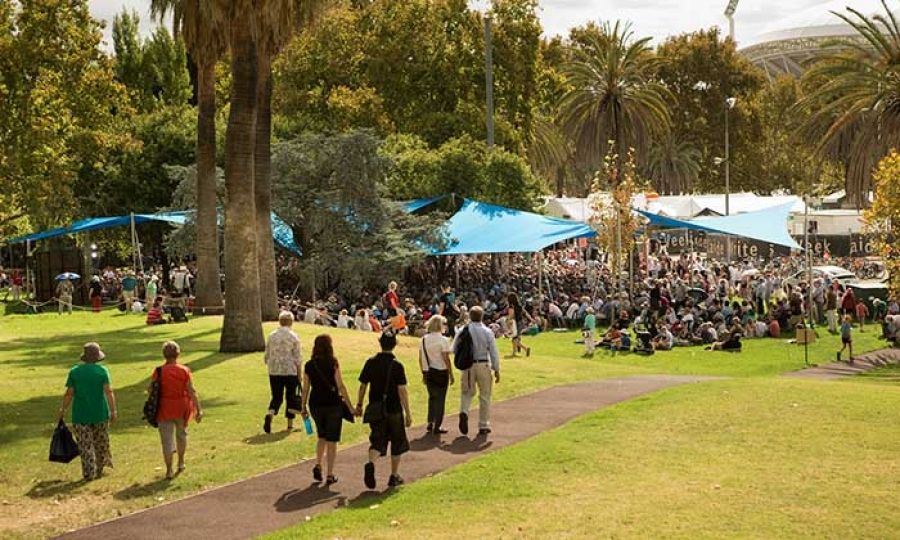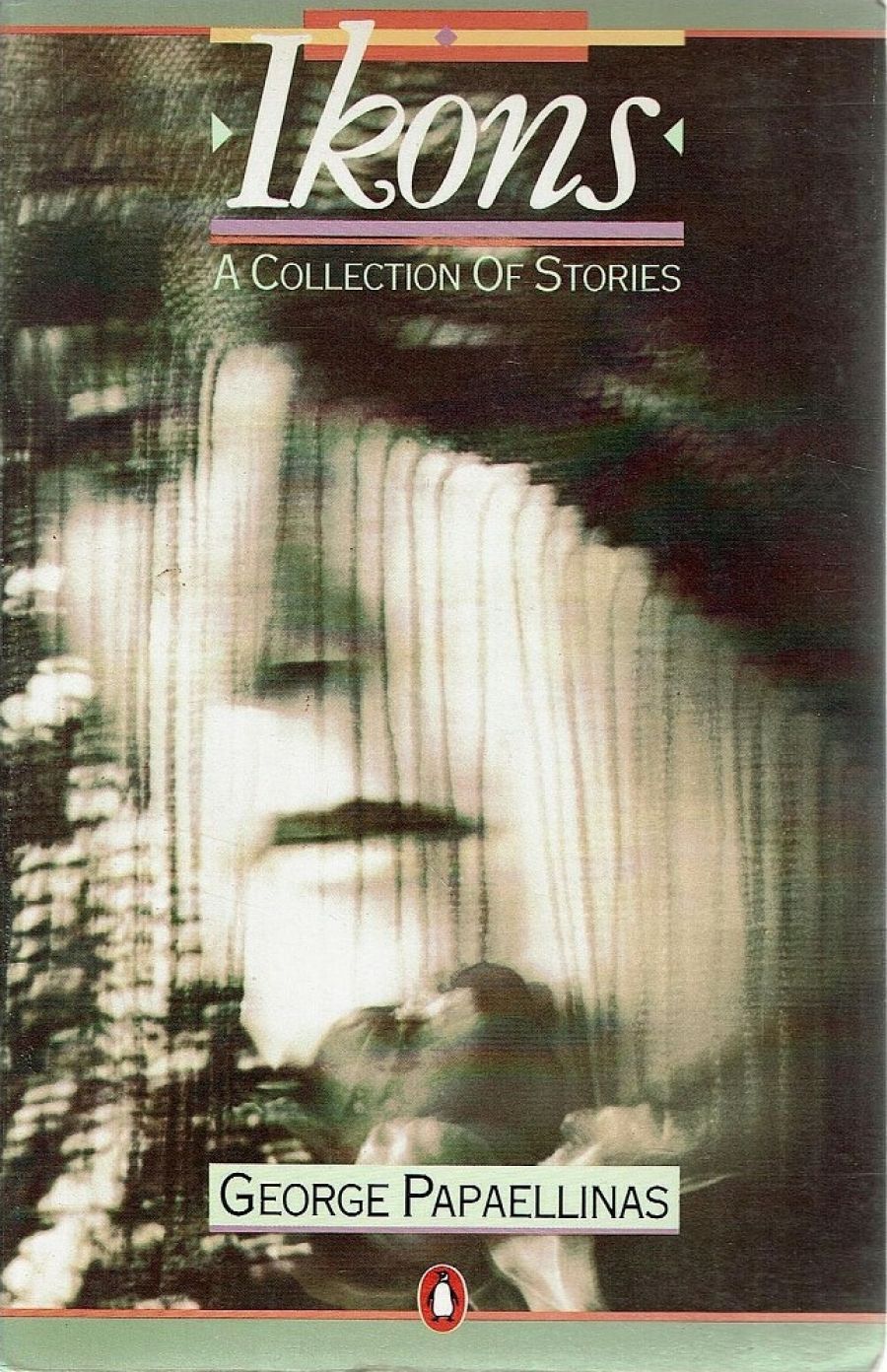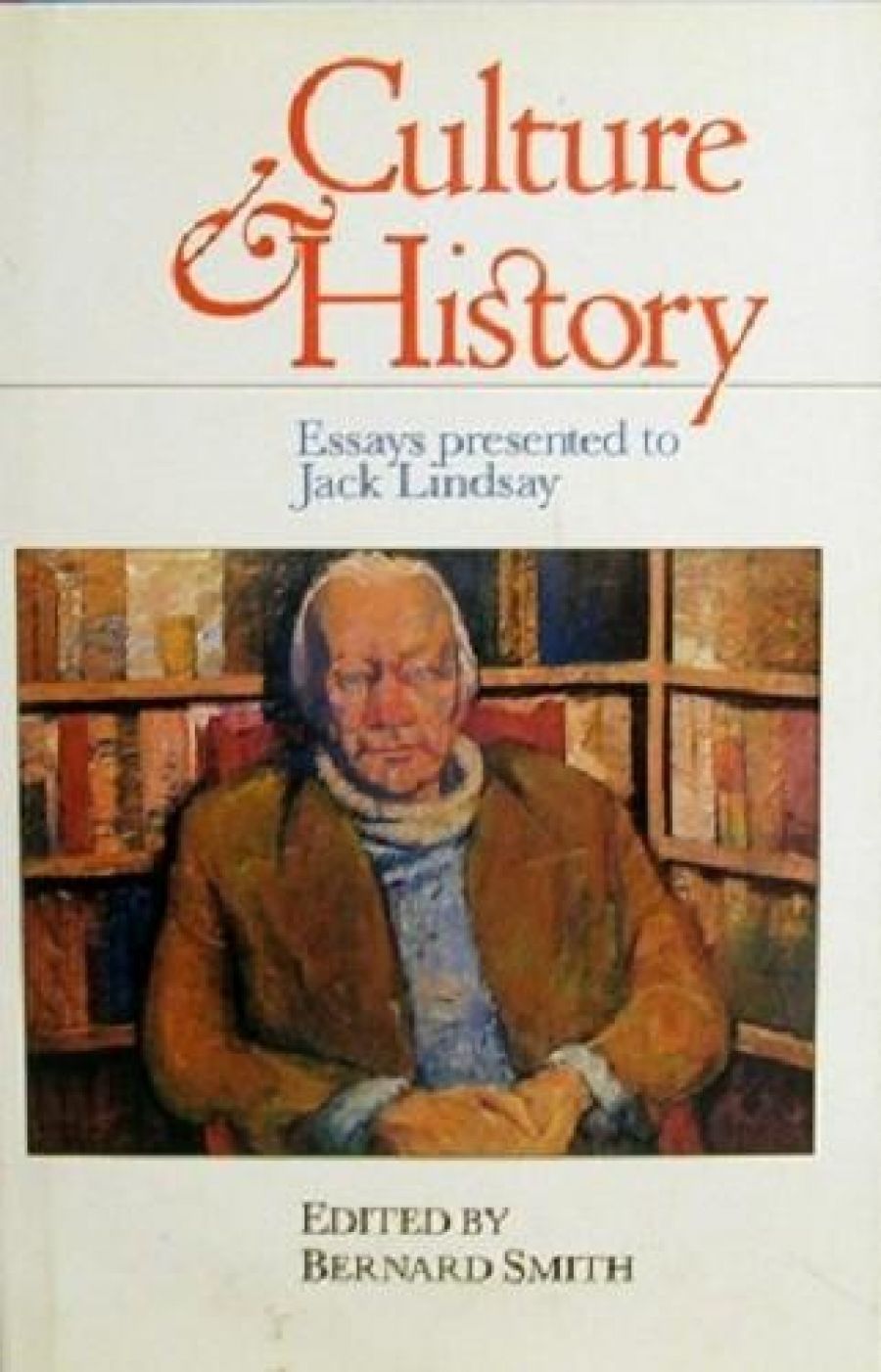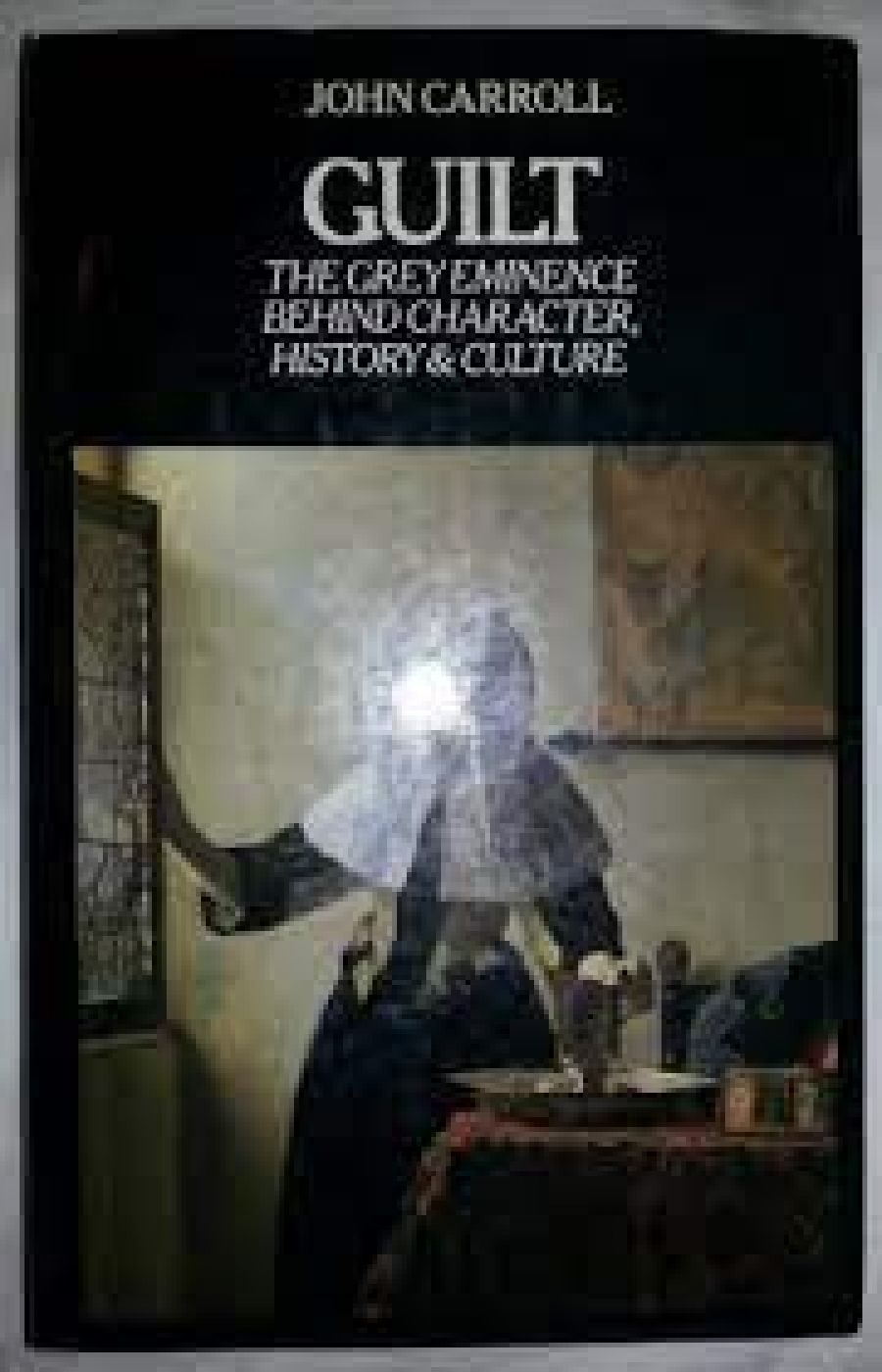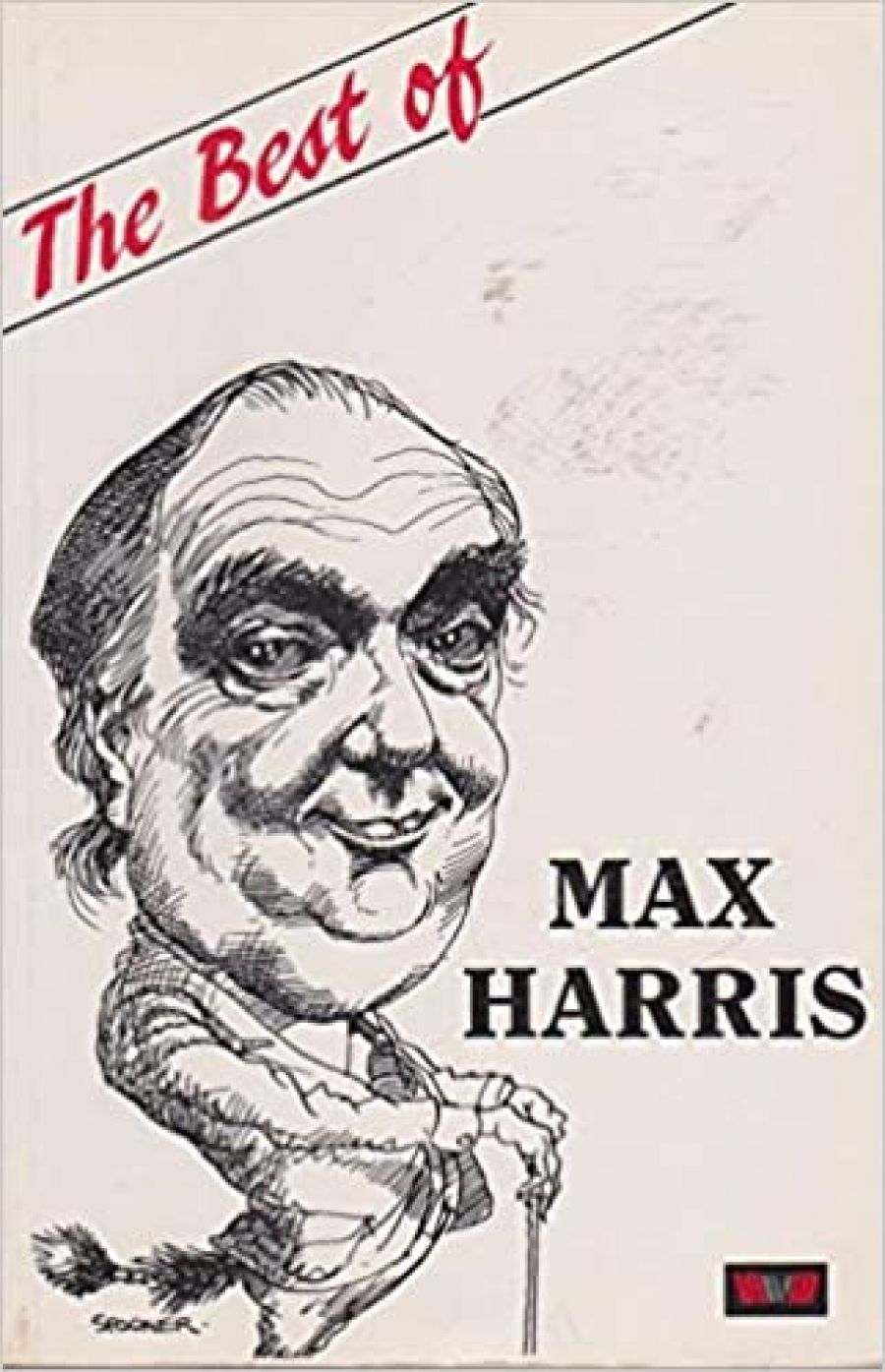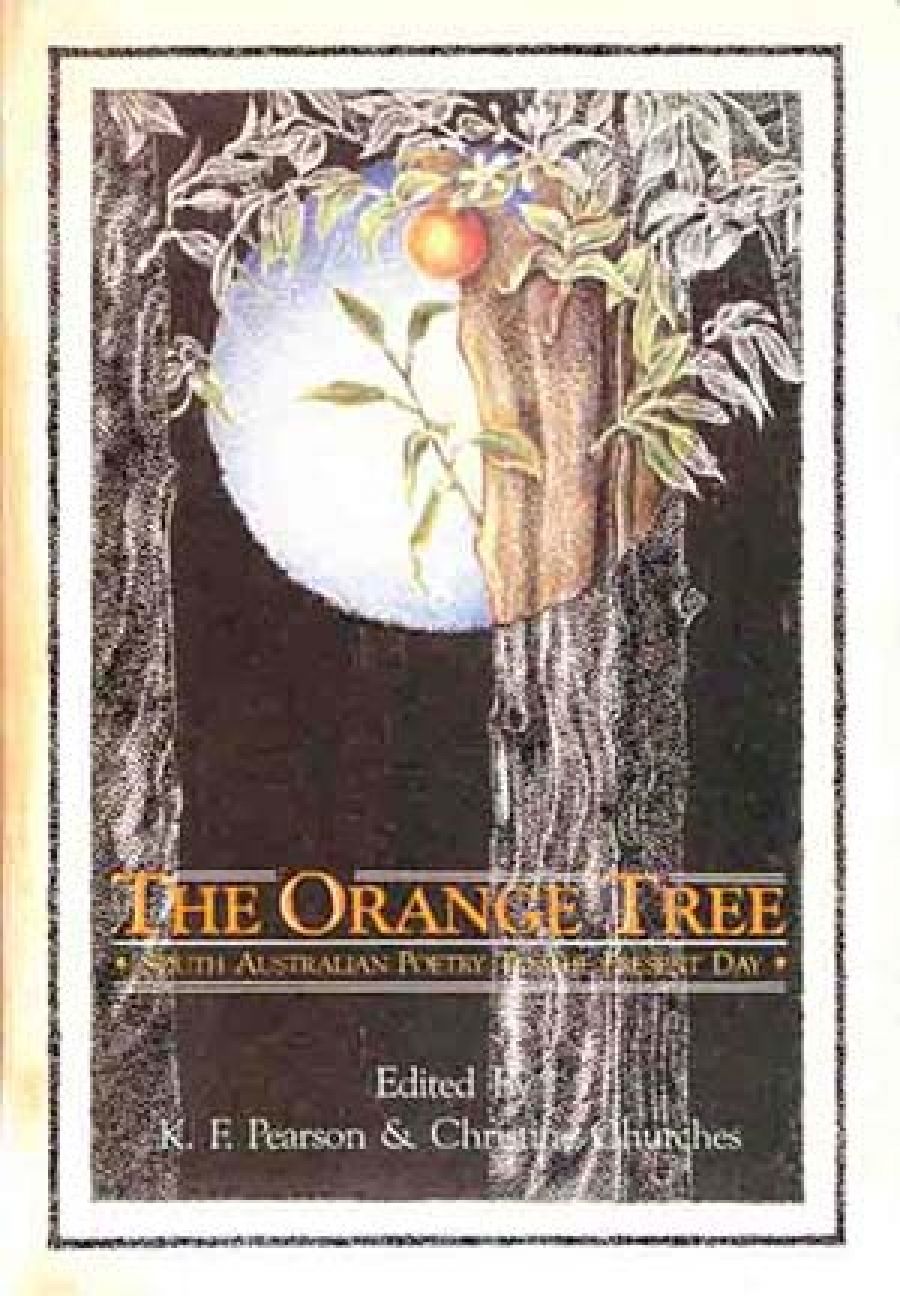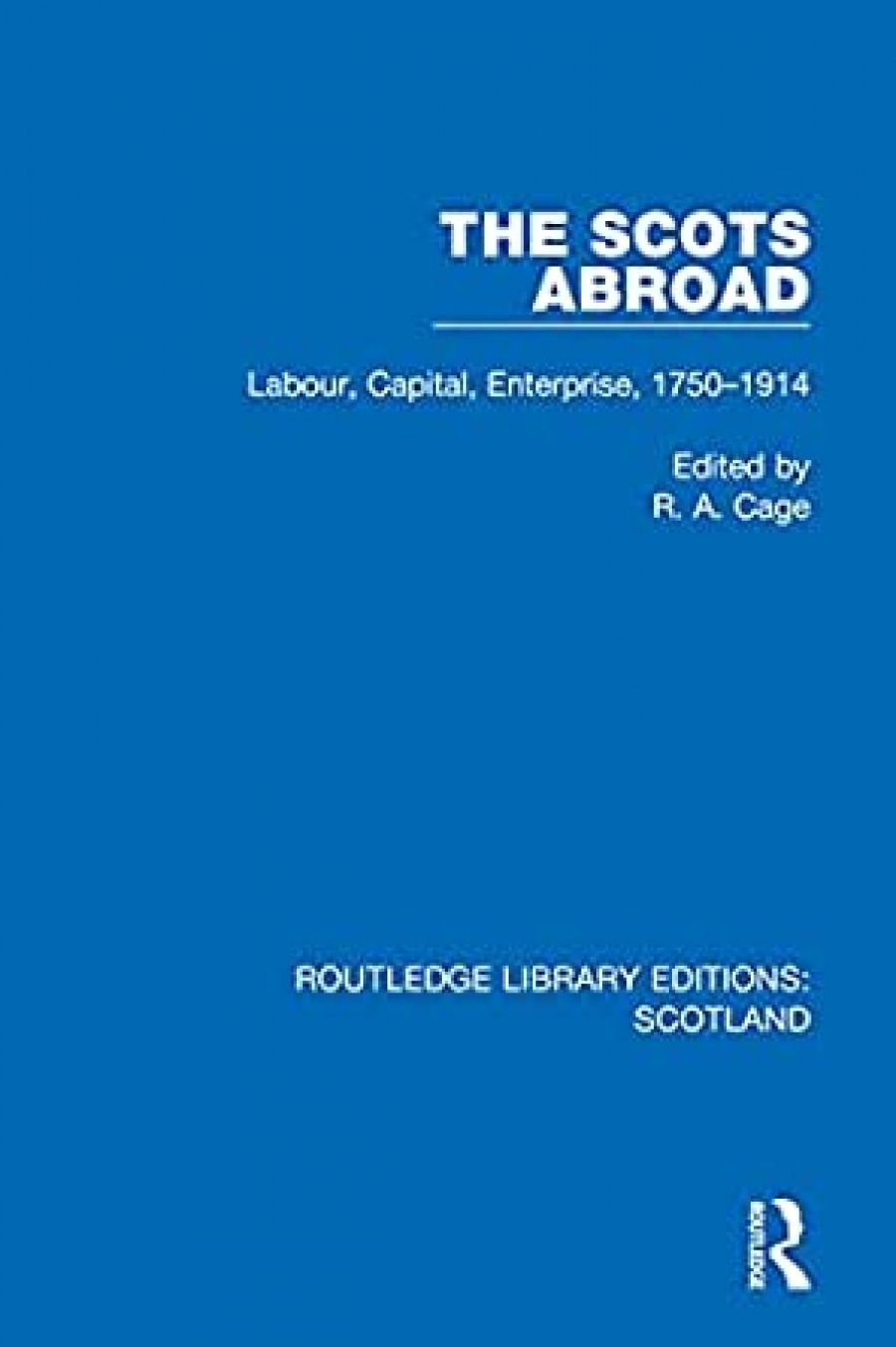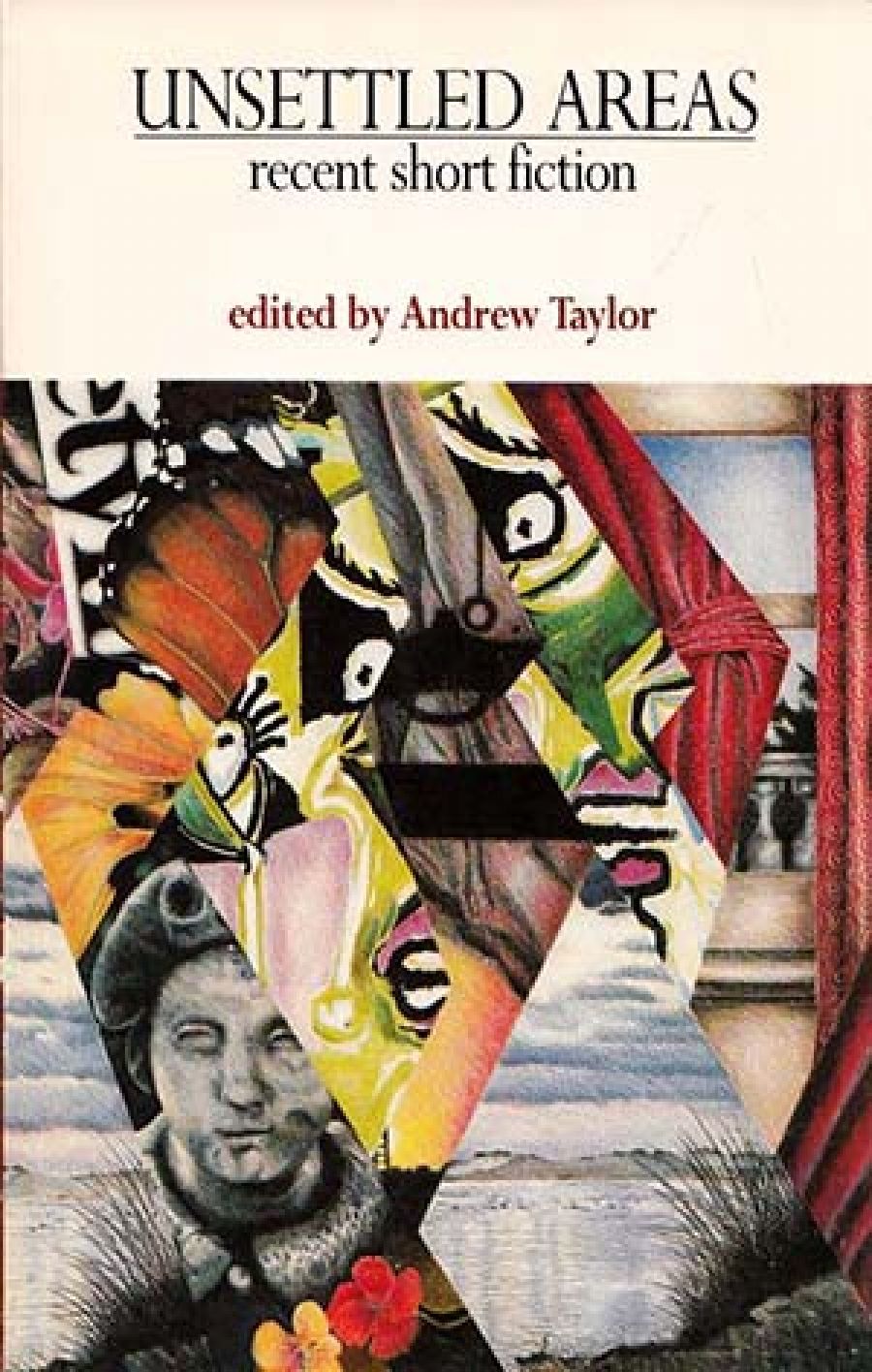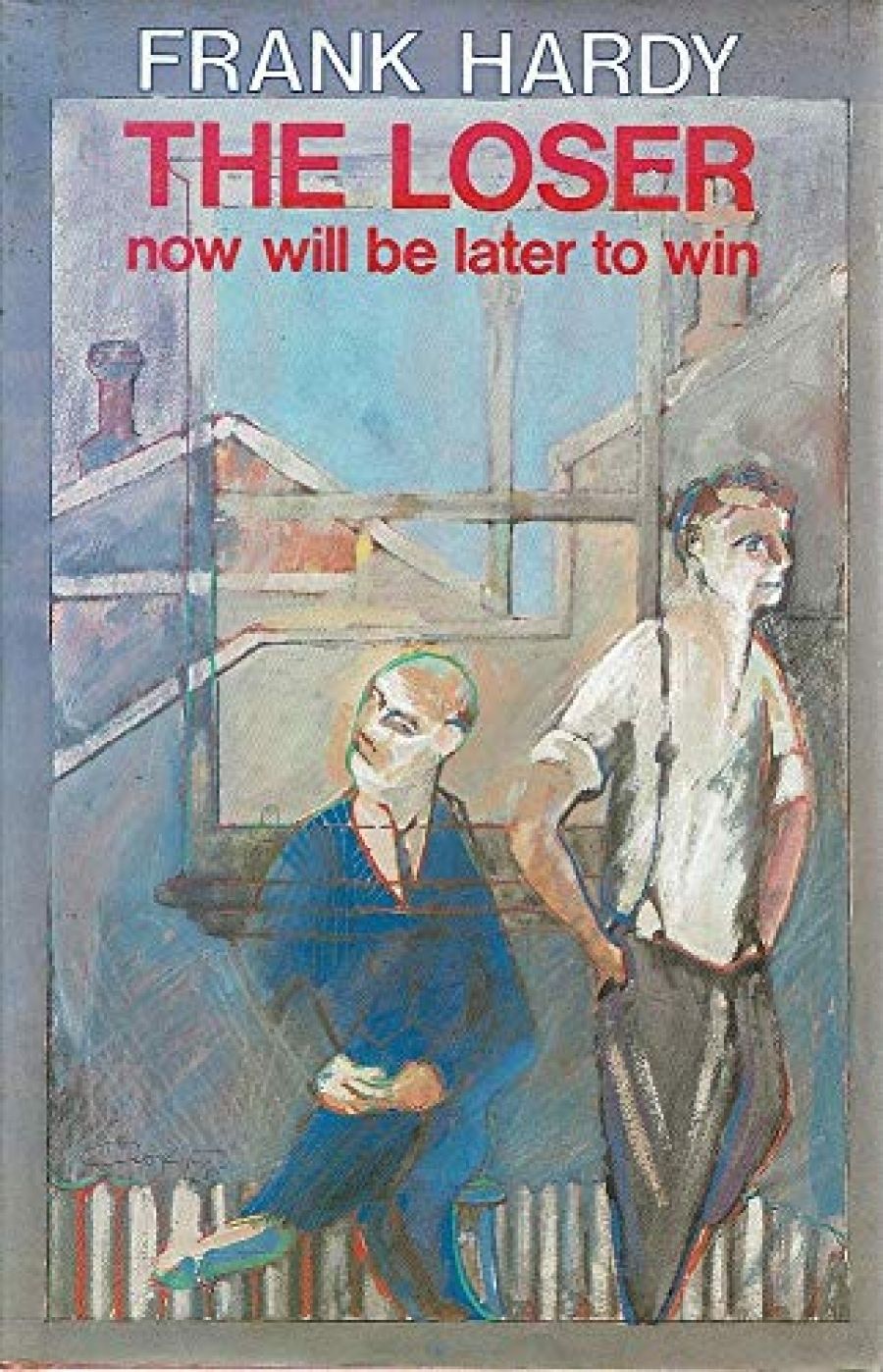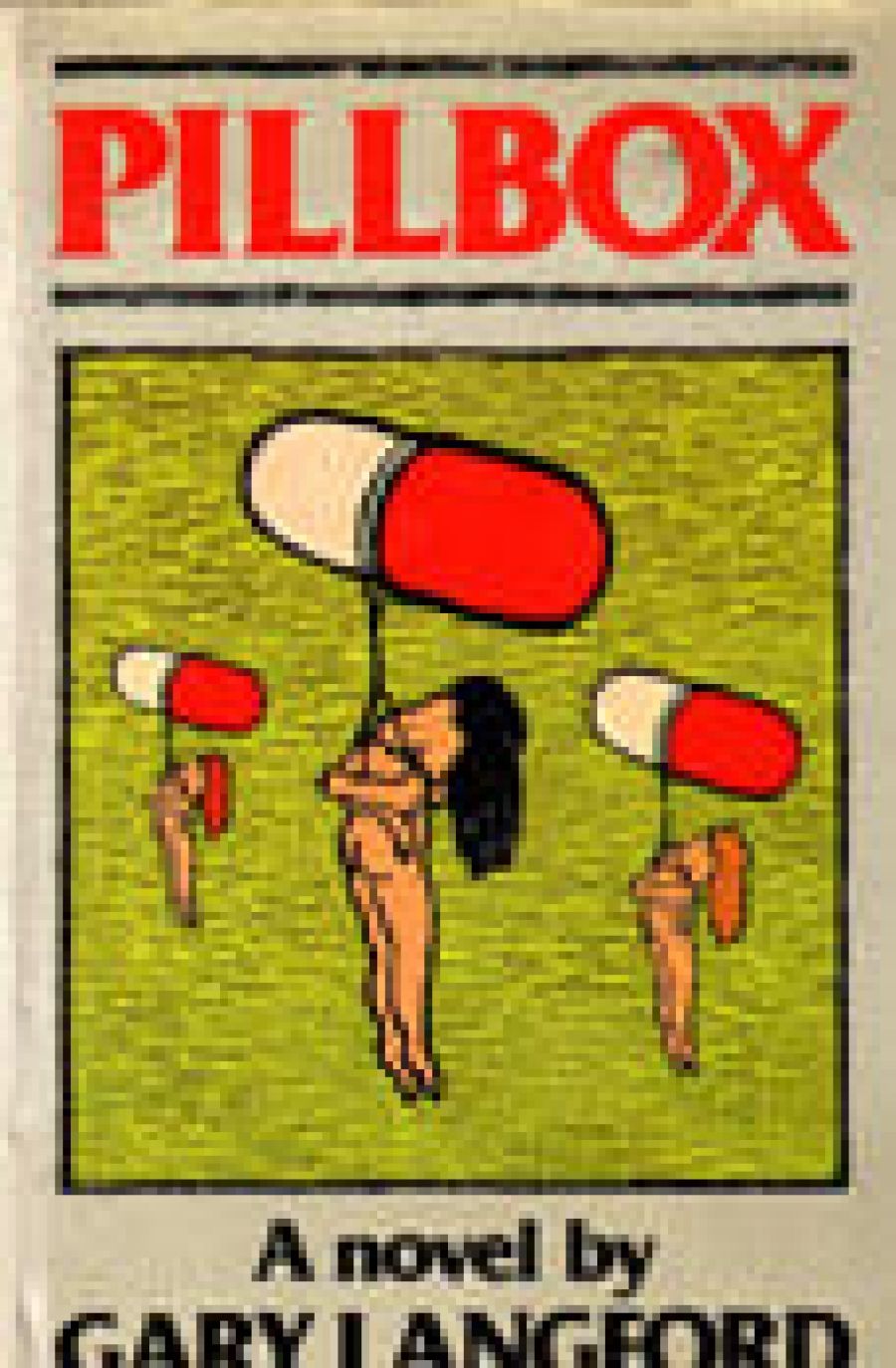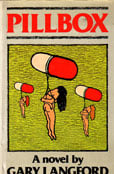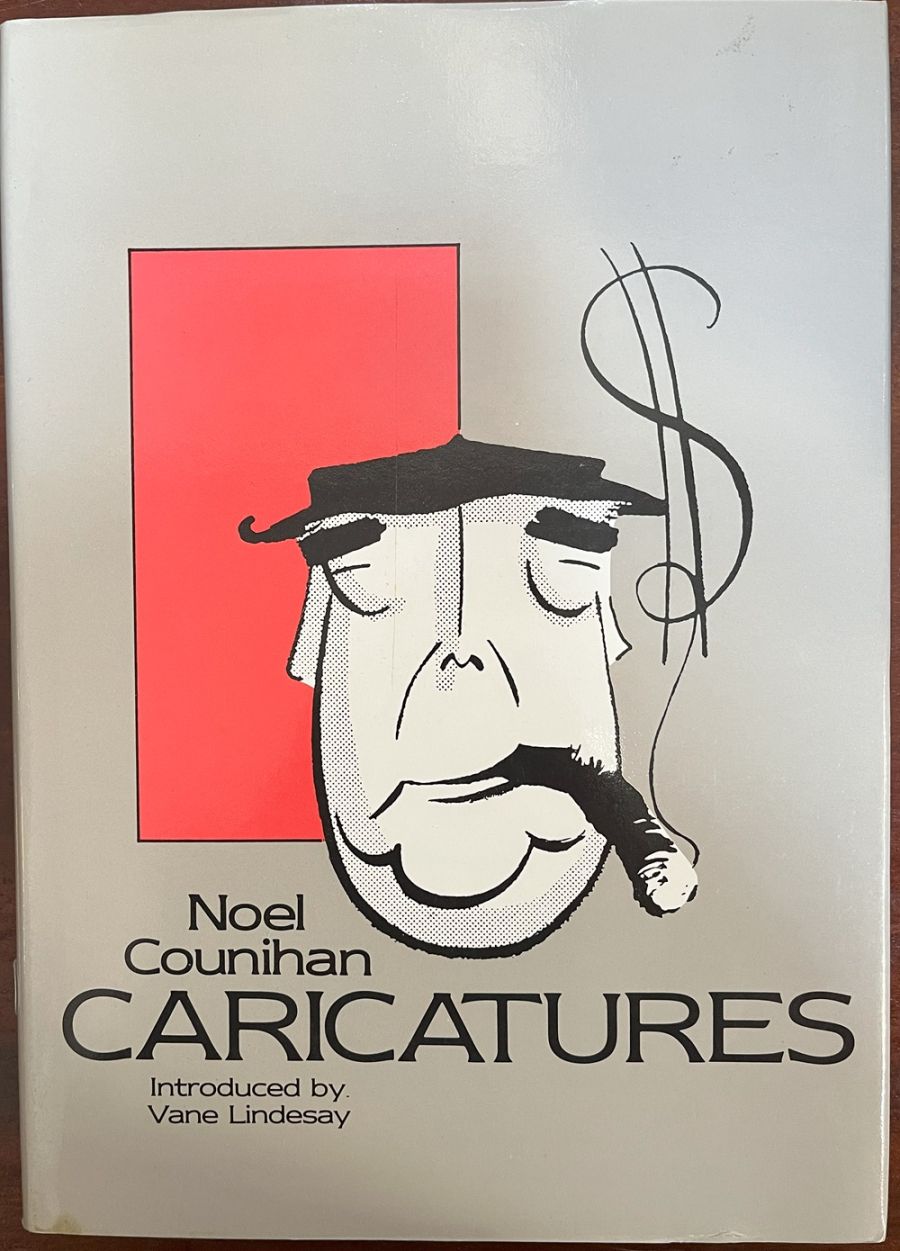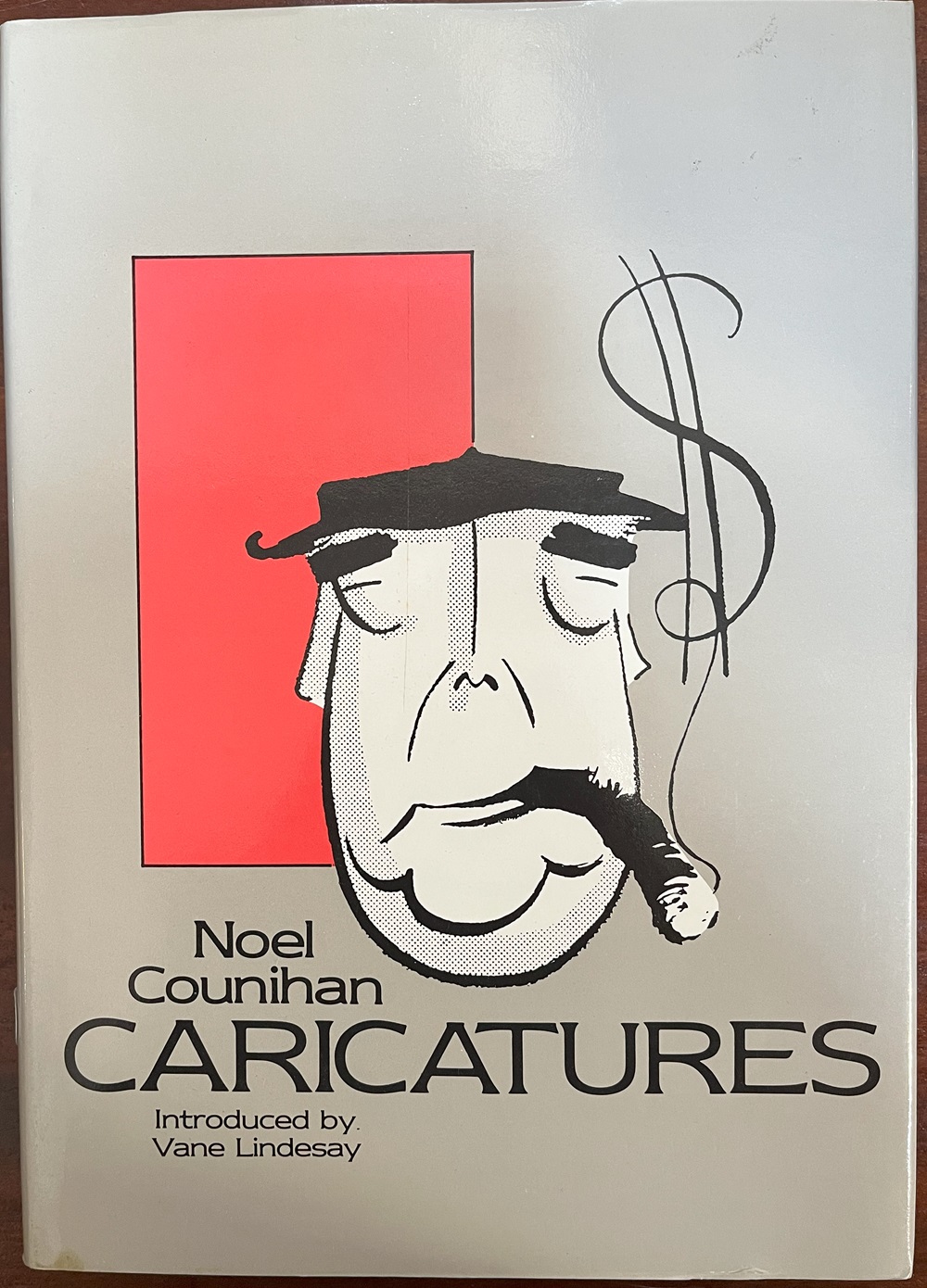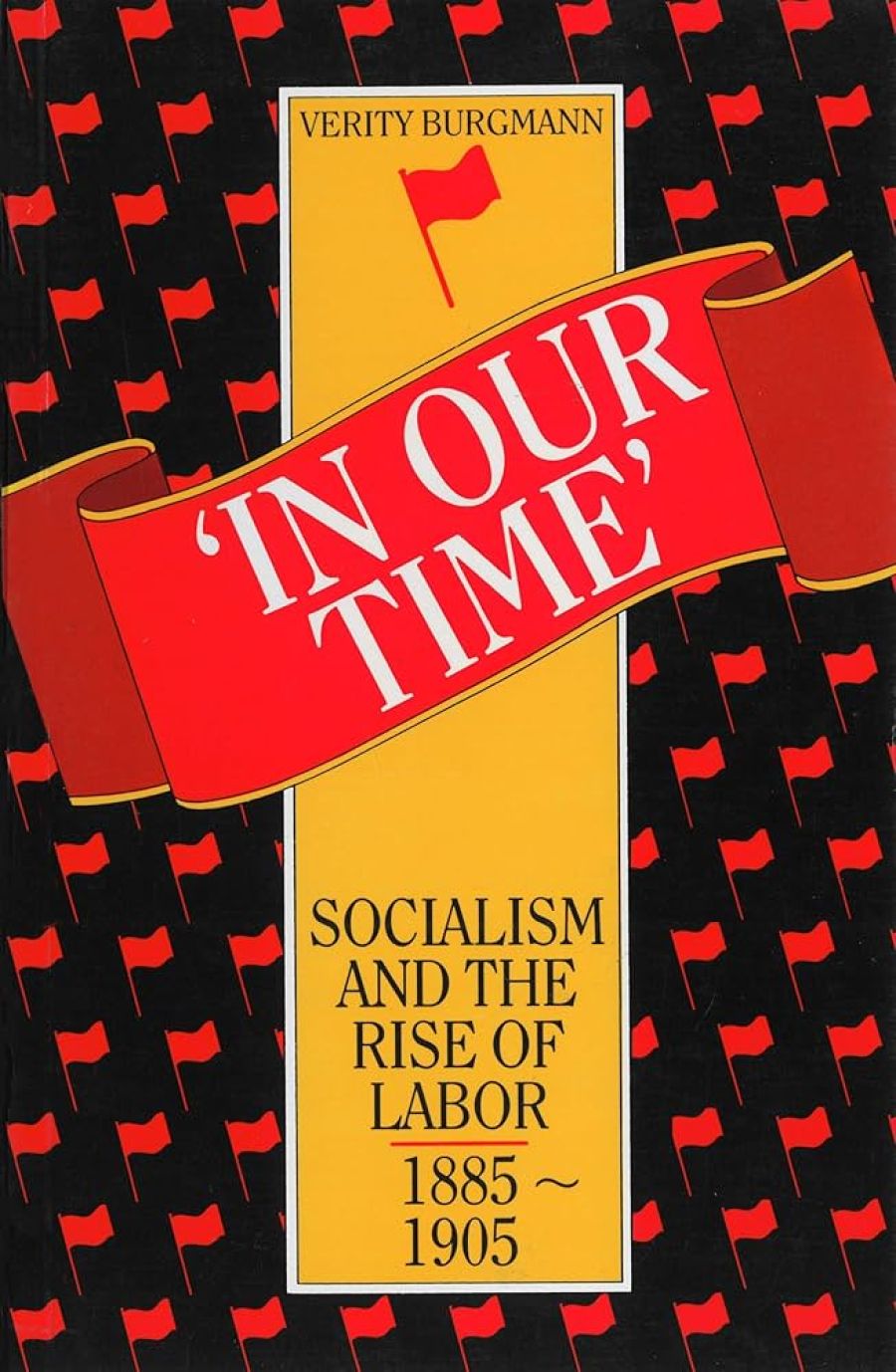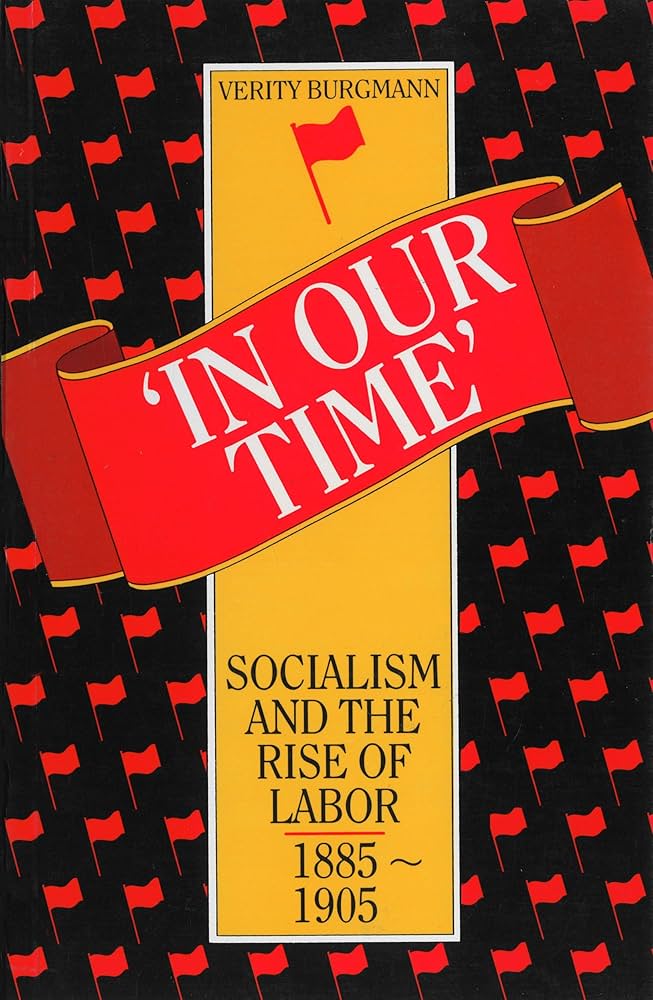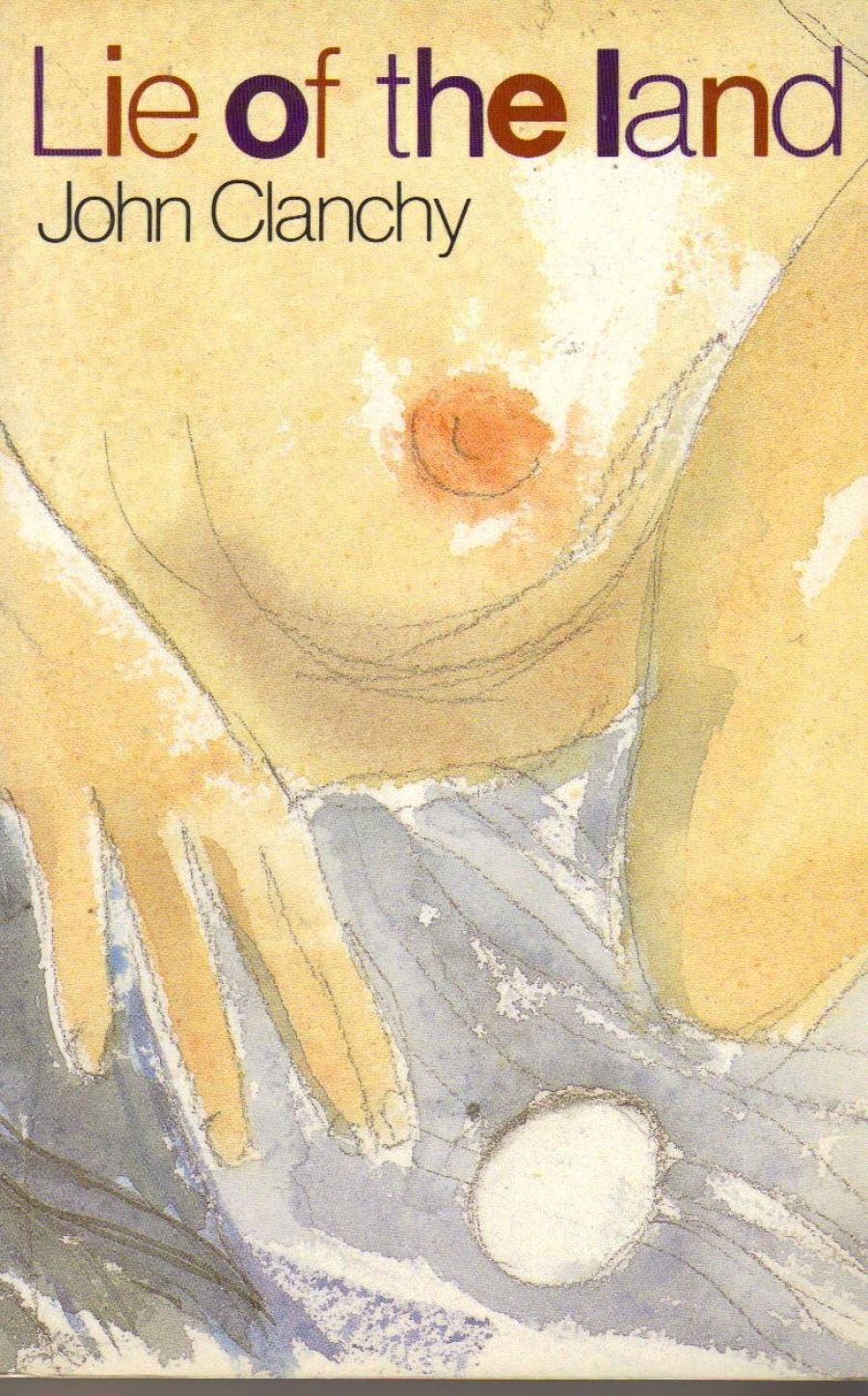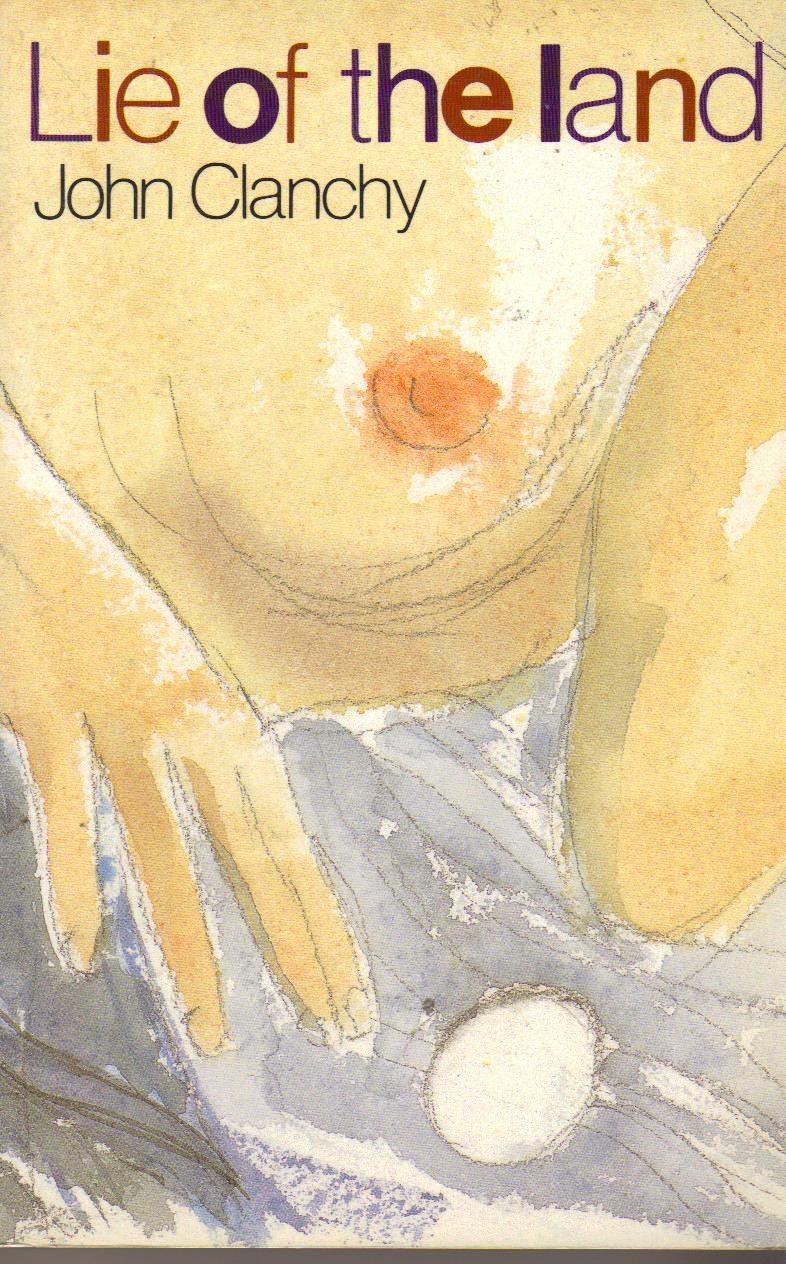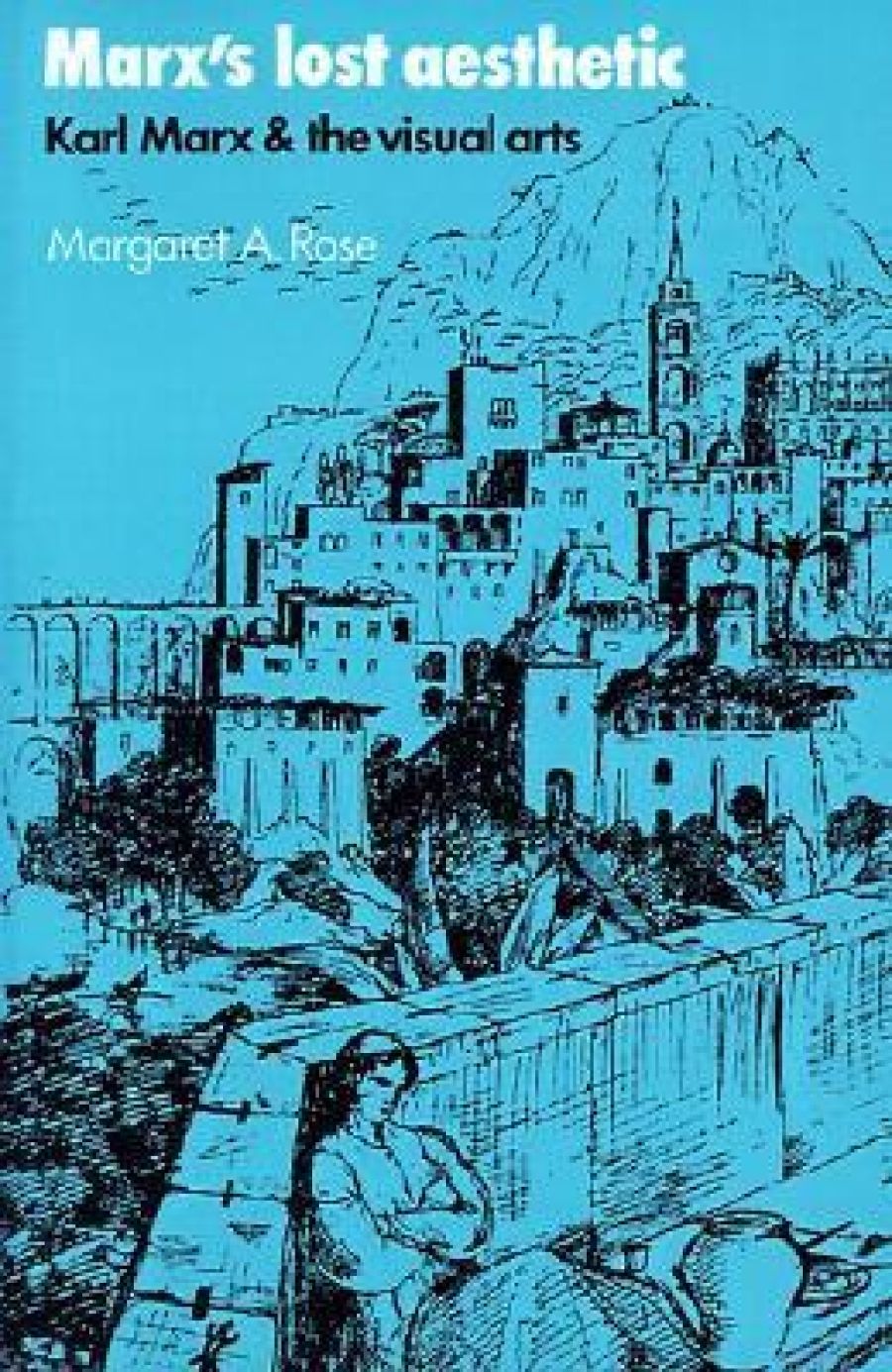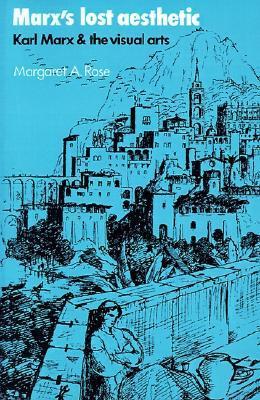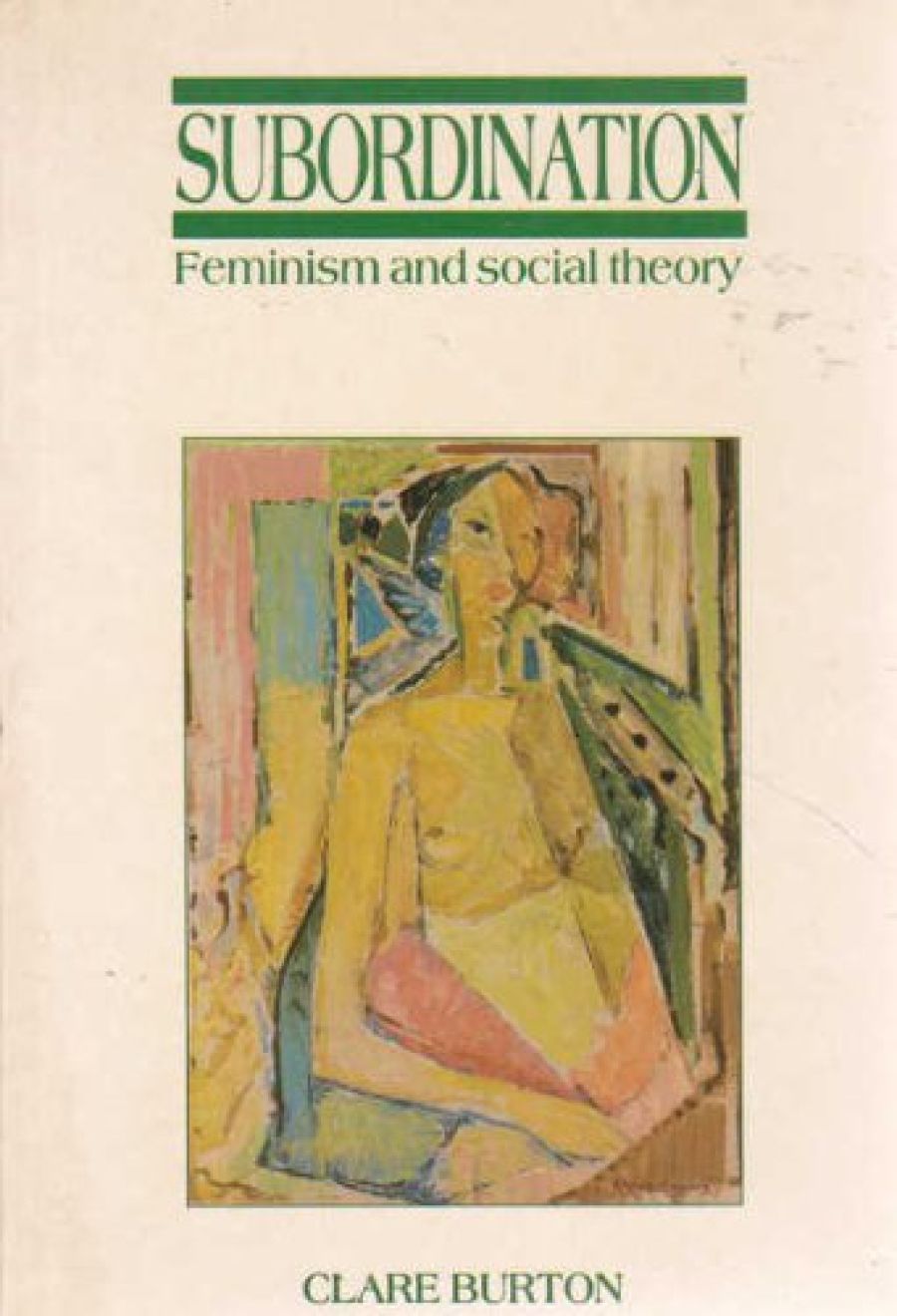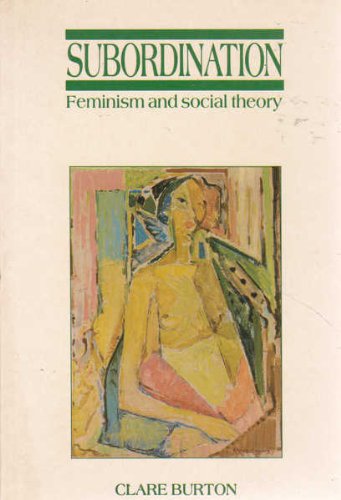- Free Article:
No
- Contents Category:
Reviews
- Review Article:
Yes
- Show Author Link:
Yes
- Show Byline:
Yes
- Article Title:
Book Notes
- Online Only:
No
- Custom Highlight Text:
This collection comprises eight essays, all written before Lange’s anti-nuclear declaration on the Australian-New Zealand defence connection. The authors agree that it is a connection of very long standing and immutable strength, despite potential differences of strategic interest in the future. From the mouths of babes!
- Display Review Rating:
No
The Anzac Connection
Edited by Desmond Ball
George Allen and Unwin, $9.95 pb, 170 pp
086861503 X
This collection comprises eight essays, all written before Lange’s anti-nuclear declaration on the Australian-New Zealand defence connection. The authors agree that it is a connection of very long standing and immutable strength, despite potential differences of strategic interest in the future. From the mouths of babes!
Hardly had this volume been assembled than such an eventuality occurred, and this is duly noted on the blurb. This book is thus extremely useful for explaining the unobvious part of the ANZUS triangle – the unbreakable Anzac bond. The Minister for Defence, Kim Beazley, has been at pains to protect this relationship while dealing desperately with the Americans. This book (though printed in an awful typeface, difficult to read) is essential to that part of the debate.
by Robert Pascoe
From Me To You Making & Giving Memorable Gifts
by Elspeth Renshaw & Stephanie King
Williams Collins, illus., index,
$24.95 hb, 166 p,
000217 4812
Are you giving handmade gifts this Christmas? From Me To You will stimulate ideas for gifts. Most of the book is devoted to those which are edible – pates, preserves, sauces, breads, sweets, icecream – there are also lovely smelly things too, sachets, potpourri, hand cream herb bouquets. Present packaging and wrapping, if you carefully read the text, are presented in original ways. Easier still is to gives the book to someone who likes doing things – if you can afford it.
by S. M. Stewart
How Did It Begin?: Customs & superstitions and their romantic origins
by R. Brasch
Fontana, $7.95, 352 p,
000 6368980
So you want to know the origin of the crossword puzzle, the sailors bib, or the word ‘quiz’? Brasch has 350 pages explaining our superstitions, customs of civil and military life, and religious, sporting and business practices. Amongst the sixteen pages of illustrations can be found photos of swagman carrying his matilda and of pre-Christian hot cross pubs excavated at Herculaneum. This is a re-printing of a 1965 publications, with new material added. This is a readable, compact compendium for the curious.
by John Anwyl
Herbal Delights
by Judi McKee
Leisure Press $3.95 pb, 40 p,. illus,.
094959805 4
This is a most valuable work. Its small size belies the mass of valuable information in it. The fourteen herbs are concisely described. Some may question the ones chosen – oregano for example is not there. However general gardeners and cooks will probably be satisfied. The growing notes are for Australian conditions, and are easy to follow. The section on using herbs contains excellent ideas on beauty and a small number of recipes. McKee has written an ideal work especially for those setting out to discover the joys of herb growing.
by Graham Dudley
The Working Class And Welfare: Reflections on the political development of the welfare state in Australia And New Zealand. 1890-1980
By Francis G. Castles
Allen and Unwin, $11.95 pb, $24.95 hb, 128 p, index,
0 86861 661 3 pb 0 86861 669 9 hb
Two provocative texts on aspects of the history of social welfare in Australia. Kennedy contends that social work began as a ruling-class strategy to disorganise a mobilizing working class in the 1890s. Castles argues that organised labour in Australia and New Zealand succeeded in making these societies more nurturant of the poor but oscillated between economist and incon1emaintenance strategies. Neither historian seems to have consulted the work of the other. to the detriment of both arguments. Private charity and social welfare are not discontinuous phenomena: rather. the transition from one to the other occurs in an irregular and incomplete fashion. Thus. as Kennedy admits. working-class responses to the depression of the 1890s usually ameliorated the local effects of poverty. Or. pace Castles, not all social welfare initiatives came directly from social democratic pressures.
Both books deserve a place on library shelves and in the curricula of welfare history courses. and are in themselves an interesting contrast of styles. Castles is measured and highly organized in his style and form of argument. Kennedy speaks as one who came from a battler’s childhood: the experience of having an alcoholic father. he tells us in a frank foreword. got him interested in this field. He unites with genuine if eclectic conviction. and the book will worthily provoke good seminar debates.
by Robert Pascoe
